Back to Courses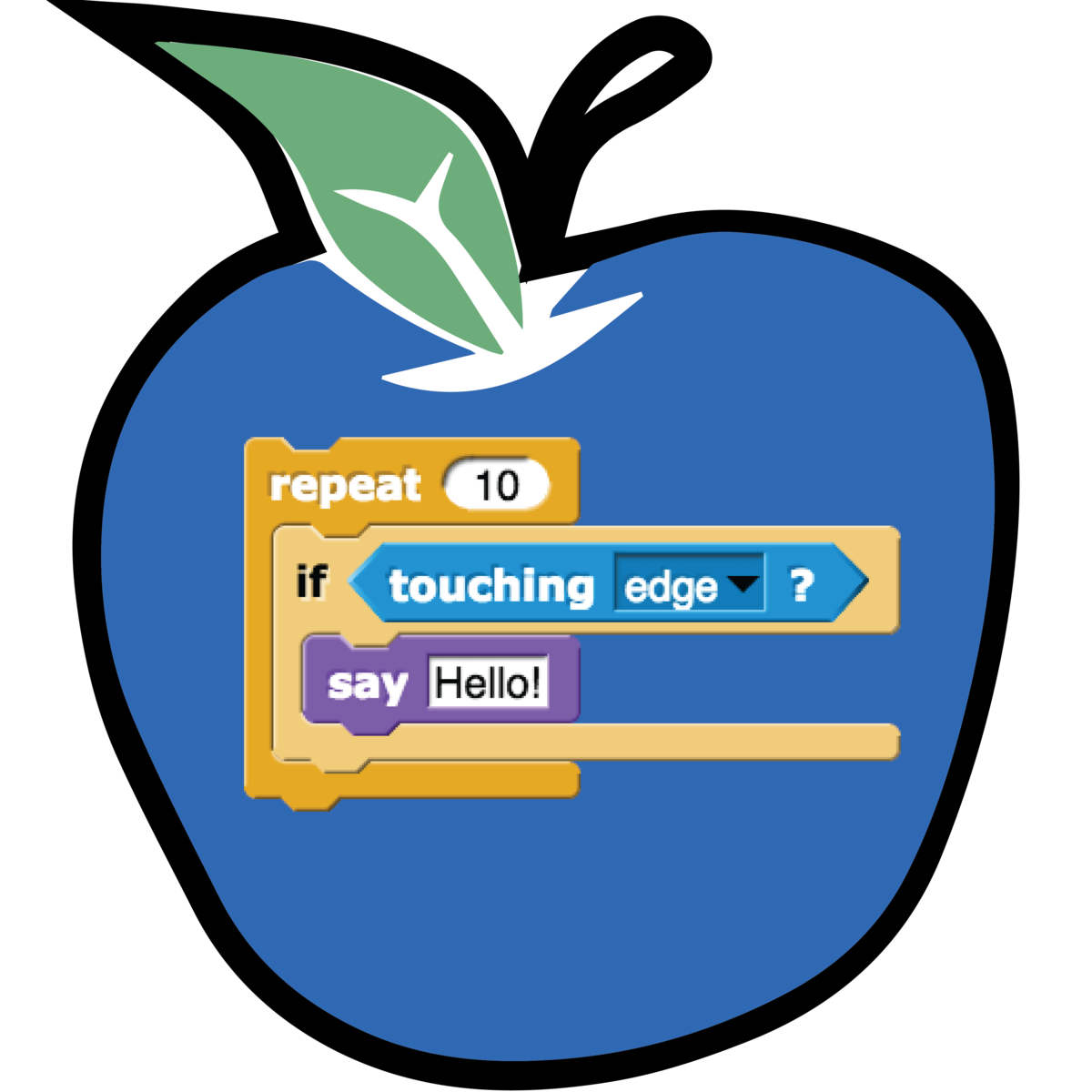
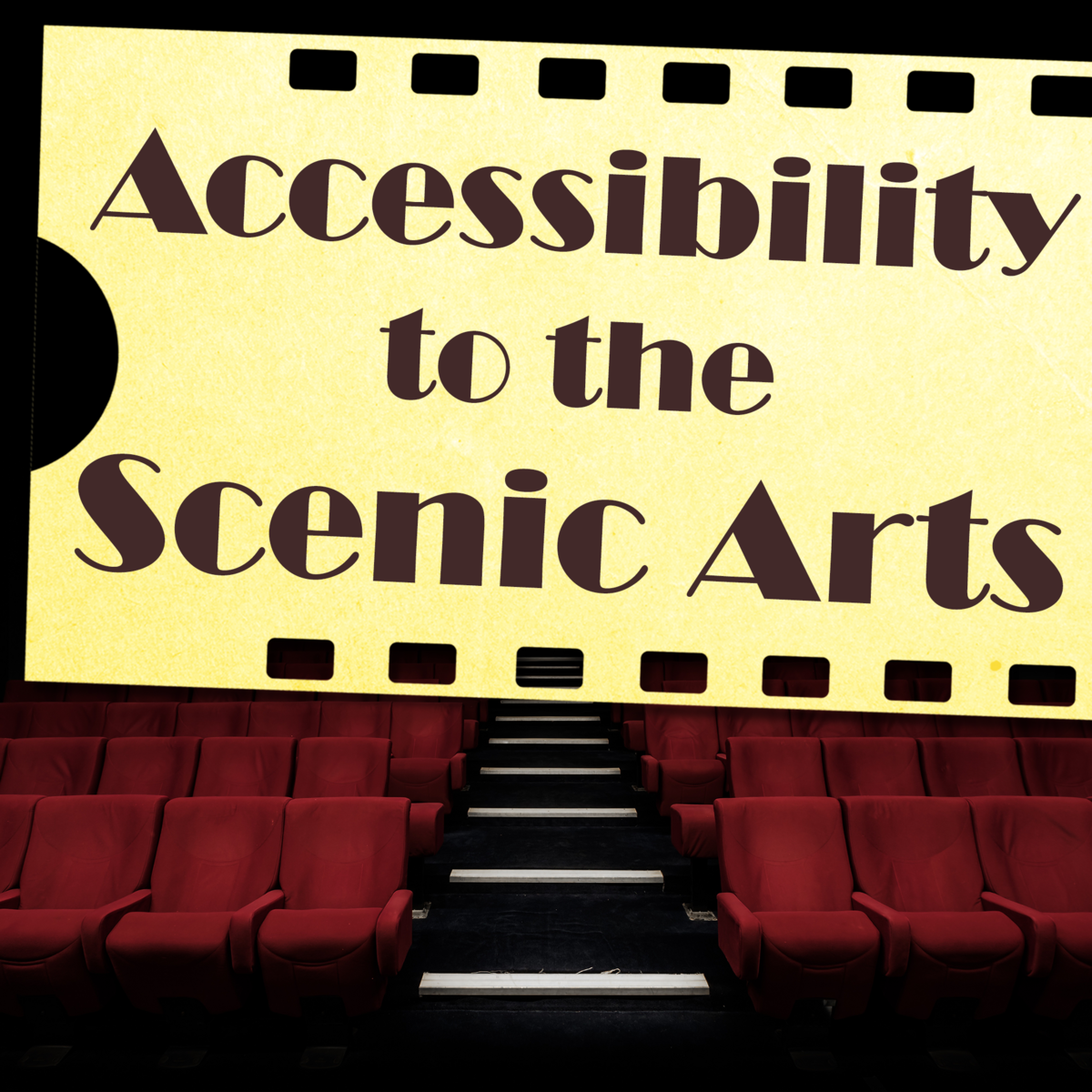
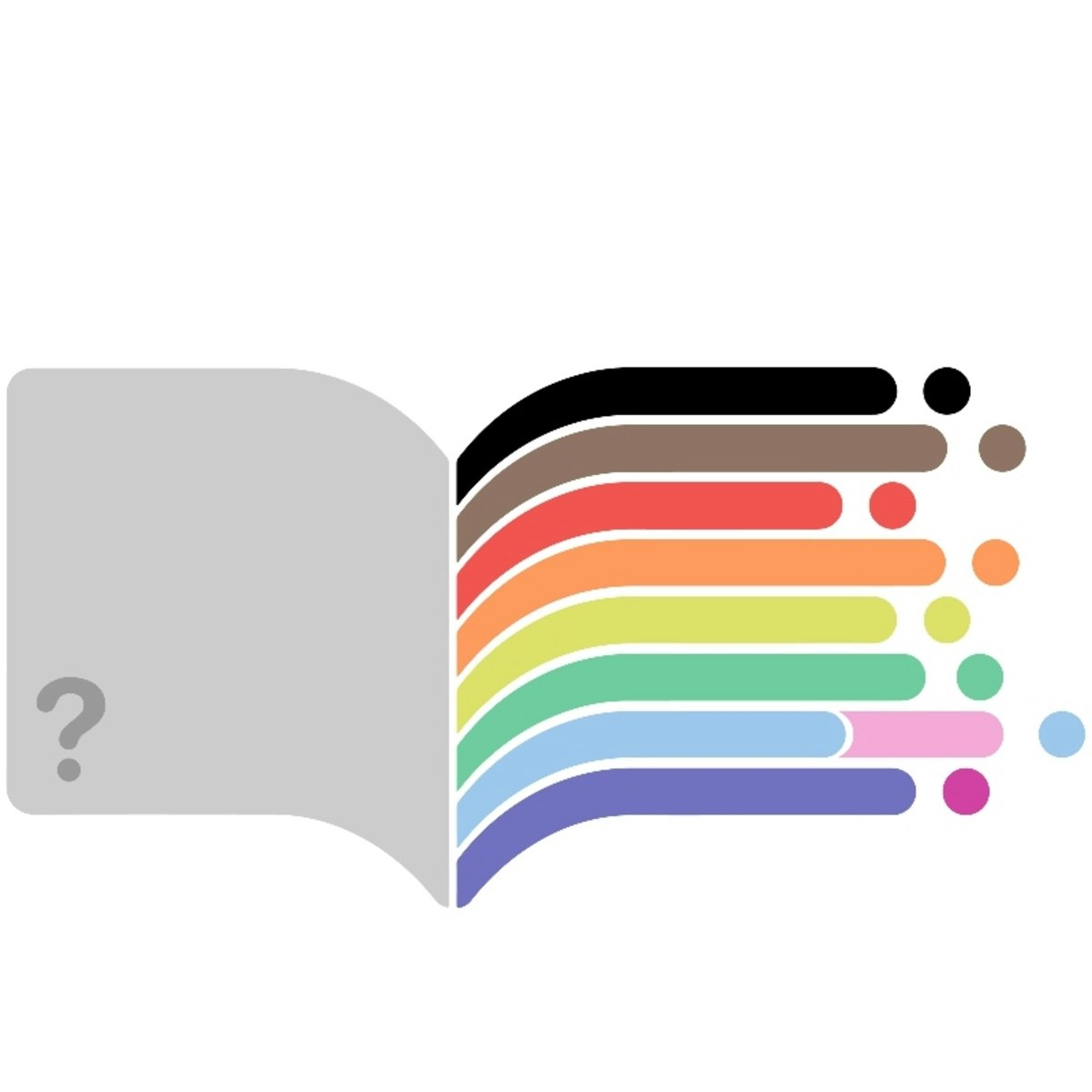


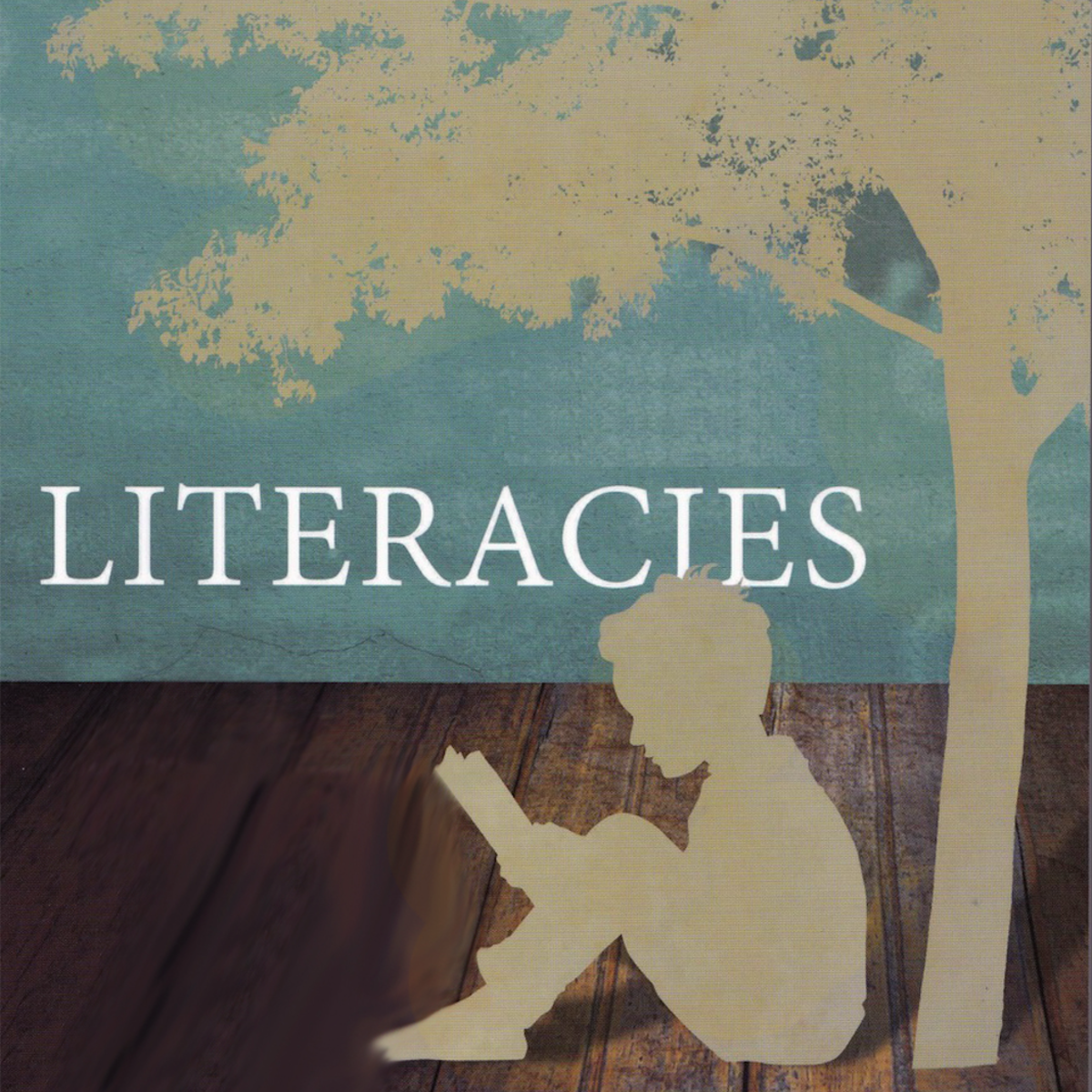
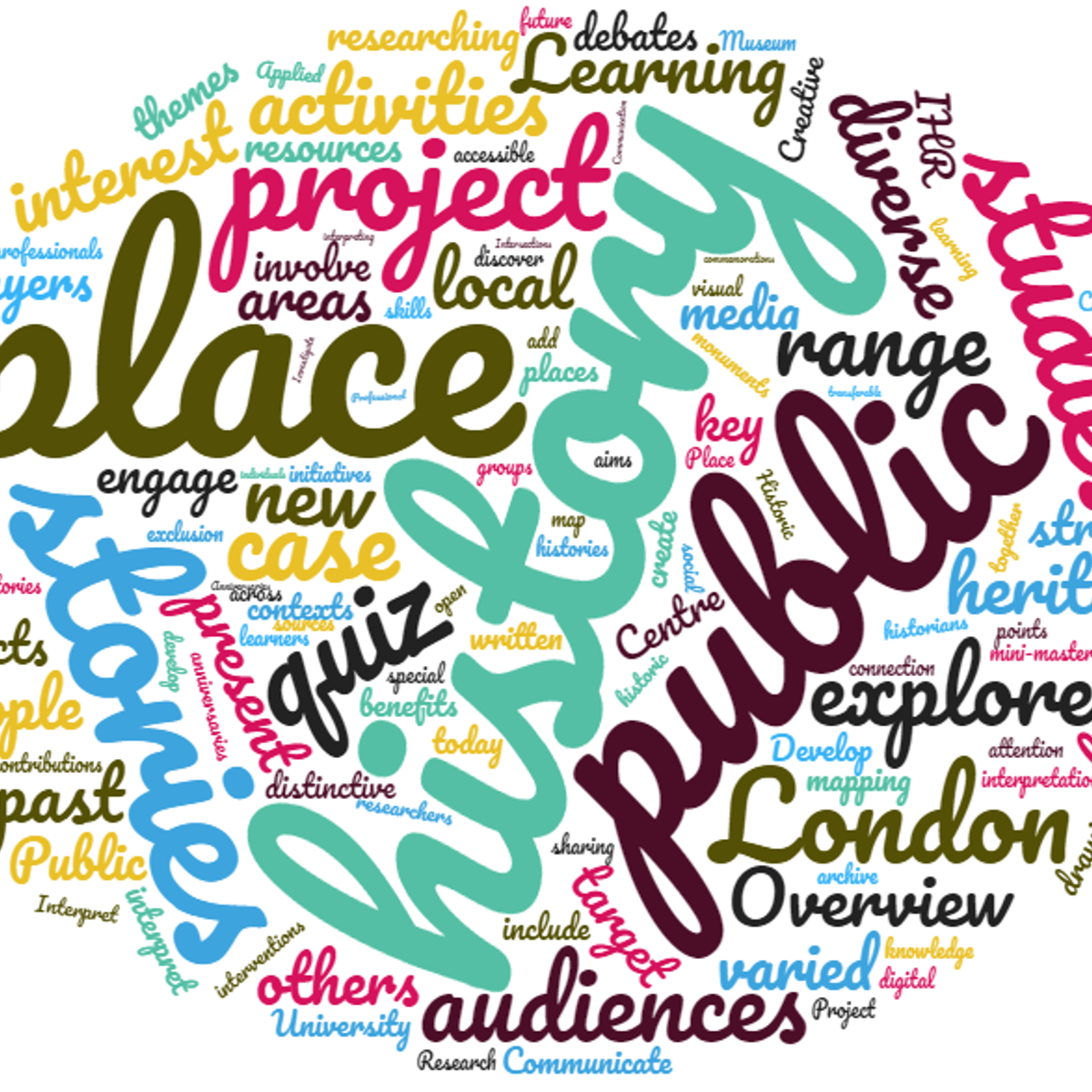
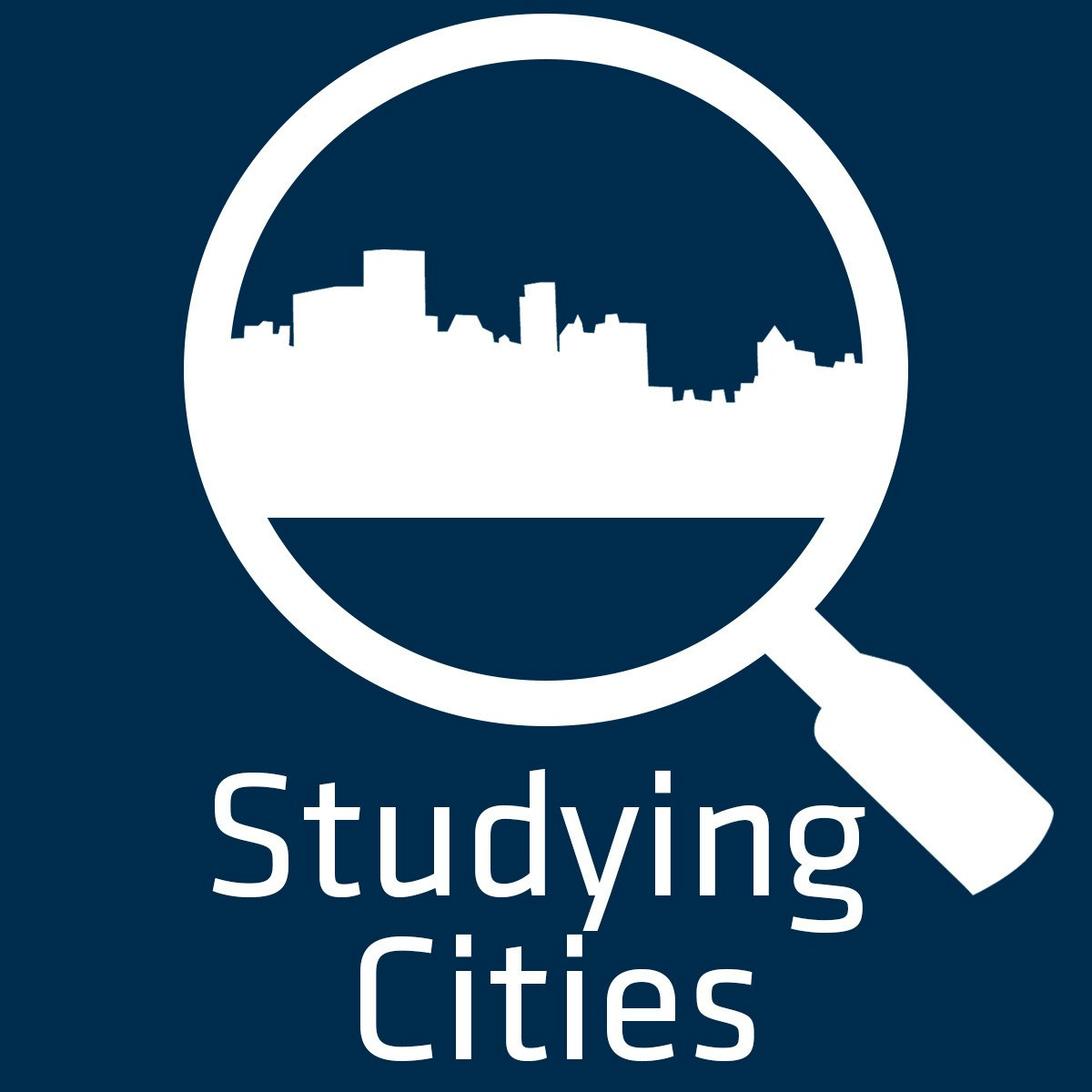

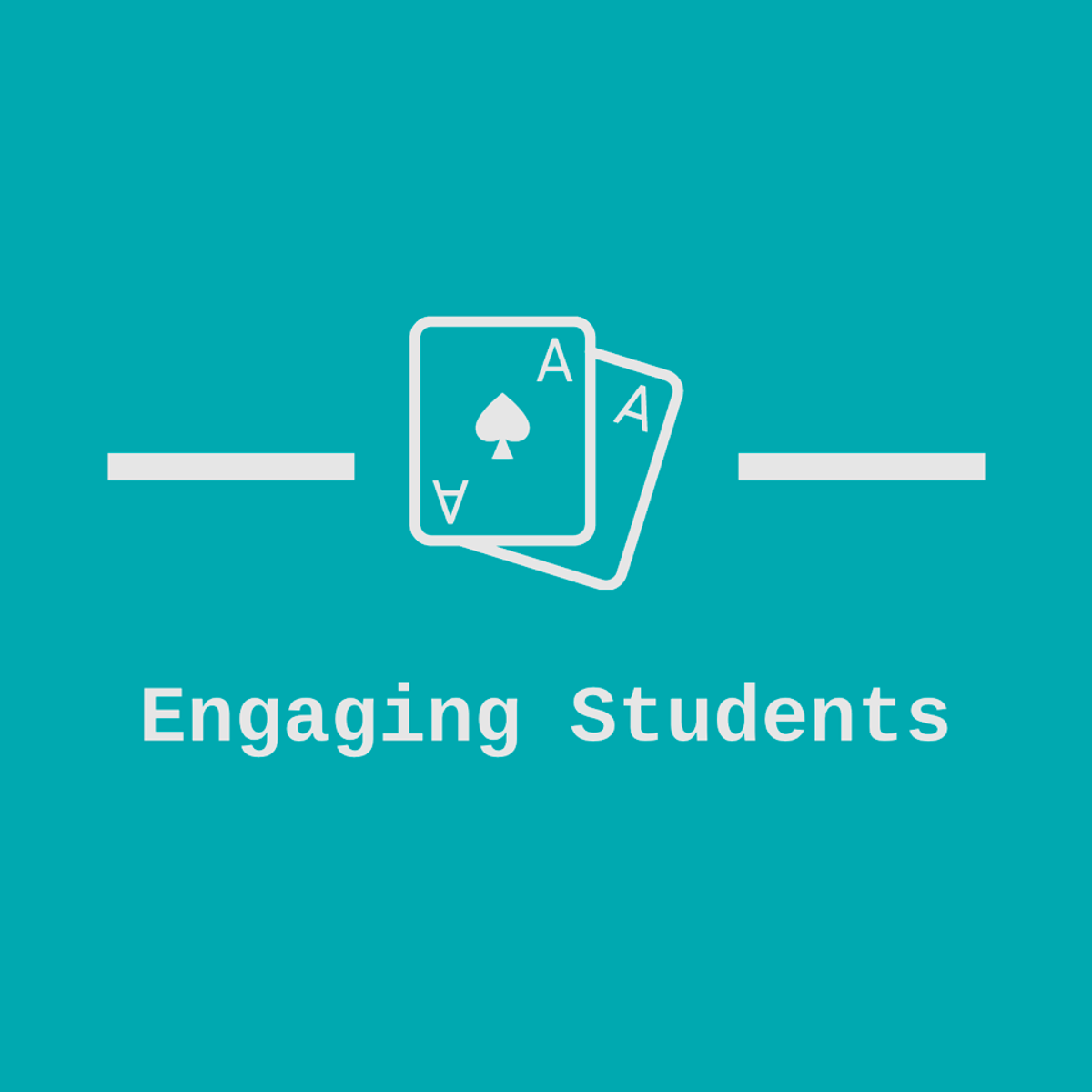
Education Courses - Page 2
Showing results 11-20 of 264

Computational Thinking for K-12 Educators: Nested If Statements and Compound Conditionals
How could you program a complex "choose your own adventure" game? How can your soccer game determine goals, balls out of bounds, and corner kicks? You'll learn to do both of these in this course!
This class teaches the concepts of nested if/else statements and compound Boolean conditional expressions. For each concept, we'll start by helping you connect real-world experiences you are already familiar with to the programming concept you are about to learn. Next, through a cognitively scaffolded process we'll engage you in developing your fluency with problem solving with nested if/else statements and compound conditionals in a way that keeps frustration at a minimum.
Along the way you will learn about the common challenges or "bugs" students have with these concepts as well as ways to help them find and fix those concepts. You'll also be guided in running classroom discussions to help students develop deeper understanding of these concepts.
Finally, you'll prepare classroom resources to help your students to develop debugging skills. Additionally, you will create resources to help educate your students about the impacts of lack of equity in K-12 CS instruction.

Accessibility to the Scenic Arts
Is your show accessible?
When we ask about accessibility to shows, most people think about access for wheel chairs: the sitting arrangements and where their WC is accessible.
When we ask for more details, people usually think about producing a show where persons with disabilities are performing, for example producing a show where there is some dancing with people on wheel chairs.
Accessiblity for us is a comprehensive concept that goes from purchasing a ticket through an accessible website to catching the bus back home after the performance on accessible public transport. Accessible webs, accessible web content, accessible transport, subtitling, audio description... the possiblities are endless.
Why is this course useful?
To make the venue and the production accessible to all citizens, and specially to persons with disablities. The course will go through the many accessible services you can offer, and how to implement them in your venue or your production. The final aim is to mainstream accessibility so all people have equal access to culture.

Queering Identities: LGBTQ+ Sexuality and Gender Identity
In this course, you will explore the history of LGBTQ identities, experiences, and activism. We’ll study major events in global LGBTQ history, investigate local histories of queer and transgender people and communities, and consider how LGBTQ histories have helped shape broader conversations about civil rights, equality, and justice.

Teaching Infographics with Genially
Genially is “the tool that brings content to life.” Genially allows you to map out a learning journey for your students using high interest images and interactive tools. By the end of this project, you will be ready to engage your students by creating infographics to teach content and help students show their learning.

What does it mean to identify as Transgender or Gender Non-Conforming (TGNC)?
In the last decade transgender and gender nonconforming (TGNC) individuals have become increasingly visible in our families, culture, and public discourse. This course explores the concept of gender identity for people who are curious about the nature of gender, the process of gender affirmation, or changing social dynamics. Participants will learn the unique challenges faced by the TGNC population as well as develop the skills to build inclusive spaces in all spheres of their life. This course was developed under the Joycelyn Elders Chair in Sexual Health Education at the University of Minnesota.

Literacy Teaching and Learning: Aims, Approaches and Pedagogies
This course opens with an exploration of the social context and aims of literacy teaching and learning. It goes on to describe a range of historical and contemporary approaches to literacy pedagogy, including didactic, authentic, functional, and critical approaches. The course takes has a 'Multiliteracies' perspective, which aims to expand the definition of literacy to encompass today's multimodal communications, and the diversity of literacies across different social and culltural contexts. A Multiliteracies approach also suggests a broad range of activity types—experiential, conceptual, analytical and critical.
--------------------------------
Recommended Background
--------------------------------
This course is designed for people interested in literacy teaching and learning, including people who may wish to join education as a profession, practicing teachers interested in exploring future directions for a vocation that is currently undergoing transformation, and community and workplace leaders who regard their mission to be in part "educative."
--------------------------------
Related Resources
--------------------------------
Online resources are available here:
https://newlearningonline.com
Book:
https://www.amazon.com/Literacies-Mary-Kalantzis/dp/1107578698/ref=sr_1_1?qid=1661288799&refinements=p_27%3ABill+Cope&s=books&sr=1-1&text=Bill+Cope
--------------------------------
Join our Online Communities!
--------------------------------
CGScholar (Create an account and join the New Learning community)
https://cgscholar.com/community/community_profiles/new-learning/community_updates
Facebook
https://www.facebook.com/newlearningonline
Twitter
https://twitter.com/neolearning
--------------------------------
Take this Course for Credit at the University of Illinois
--------------------------------
This course has the same content and anticipates the same level of contribution by students in the Assessment for Learning course offered to graduate certificate, masters, and doctoral level students in the Learning Design and Leadership Program in the College of Education at the University of Illinois.
Of course, in the nature of MOOCs many people will just want to view the videos and casually join some of the discussions. Some people say that these limited kinds of participation offer evidence that MOOCs suffer from low retention rates. Far from it – we say that any level of engagement is good engagement.
On the other hand, if you would like to take this course for credit at the University of Illinois, you will find more information about our program here:
https://ldlprogram.web.illinois.edu/overview/
And you can apply here:
https://education.illinois.edu/epol/programs-degrees/ldl
--------------------------------
The Learning Design and Leadership Series of MOOCs
--------------------------------
This course is one of a series of eight MOOCs created by Bill Cope and Mary Kalantzis for the Learning Design and Leadership program at the University of Illinois. If you find this MOOC helpful, please join us in others!
e-Learning Ecologies: Innovative Approaches to Teaching and Learning for the Digital Age
https://www.coursera.org/learn/elearning
New Learning: Principles and Patterns of Pedagogy
https://www.coursera.org/learn/newlearning
Assessment for Learning
https://www.coursera.org/learn/assessmentforlearning
Learning, Knowledge, and Human Development
https://www.coursera.org/learn/learning-knowledge-human-development
Ubiquitous Learning and Instructional Technologies
https://www.coursera.org/learn/ubiquitouslearning
Negotiating Learner Differences: Towards Productive Diversity in Learning
https://www.coursera.org/learn/learnerdifferences
Literacy Teaching and Learning: Aims, Approaches and Pedagogies
https://www.coursera.org/learn/literacy-teaching-learning
Multimodal Literacies: Communication and Learning in the Era of Digital Media
https://www.coursera.org/learn/multimodal-literacies

Applied Public History: Places, People, Stories
This course introduces learners to applied public history: understanding and interpreting the past today, and engaging diverse communities in the practice of making and sharing histories. The course draws on project case studies, expert insights and diverse perspectives to model exciting approaches to researching and sharing the history of places and people. Learners will develop a toolkit to apply in their own practice, by participating in discussion, quizzes, creative activities and mini masterclasses.
What kinds of stories can we discover through research into the history of places and people? How do we engage diverse communities with those stories today? What kinds of imaginative approaches can we use to interpret the past? And what tools and opportunities can we create to include new groups and individuals in local research initiatives? Led by the Centre for the History of People, Place and Community at the Institute of Historical Research, University of London – the UK’s national centre for history – this course investigates these questions and helps learners develop transferable approaches to their own local history and heritage interpretation.

Studying Cities: Social Science Methods for Urban Research
Welcome!
Are you looking to learn more about how to conduct scientific research, specifically in an urban or local context? Then you have found the right course: Studying Cities: Social Science Methods for Urban Research by the Institute for Housing and Urban Development Studies (IHS), Erasmus University Rotterdam. During the course you will gain more insight in the different steps of the research cycle, and build a firm foundation for your own future research endeavors.
Before any (urban) researcher may start conducting research, it is crucial to understand the different aspects and elements of doing research. The course will guide you through the various steps of the research cycle to provide you with the basic knowledge necessary for any Master-level program, but with a special focus on urban and local development. The course starts with introductory lectures on the problem statement, research objective, empirical cycle and the research question. Over the following weeks you will also learn the components and criteria of the theoretical framework and operationalization, research strategies, and the collection and analysis of quantitative and qualitative data. You will be provided with the necessary tools to understand and evaluate these key steps in scientific research by watching video lectures with in-video questions and by completing the final peer review, which will use all the elements you have learnt throughout the course.

Teaching with Google Classroom
This is a self-paced lab that takes place in the Google Cloud console.
As a teacher with Google Workspace for Education, use Google Classroom to set up a class; set up communication with Gmail and Google Meet through the class page; create assignments; and use Calendar to keep the class on schedule and students aware of deadlines.

Improving Math Engagement with Prodigy
By the end of this project, you will have discovered an excellent math website that has been proven to increase student engagement and even improve their math skills. Prodigy is a free math website where students enjoy learning math as they explore and work through a fantasy world complete with epic questions and in-game rewards. While students are enjoying the game, teachers are gathering valuable data that shows what math skills their students already have and where they need to improve. As a teacher, you can assign specific questions and content to your students so that the skills they practice while playing the game are aligned to the skills you are focusing on in class. Watch student engagement and skill increase in leaps and bounds as you use Prodigy in your classroom or at home.
*You will need a free Prodigy account for this project.
Popular Internships and Jobs by Categories
Find Jobs & Internships
Browse
© 2024 BoostGrad | All rights reserved